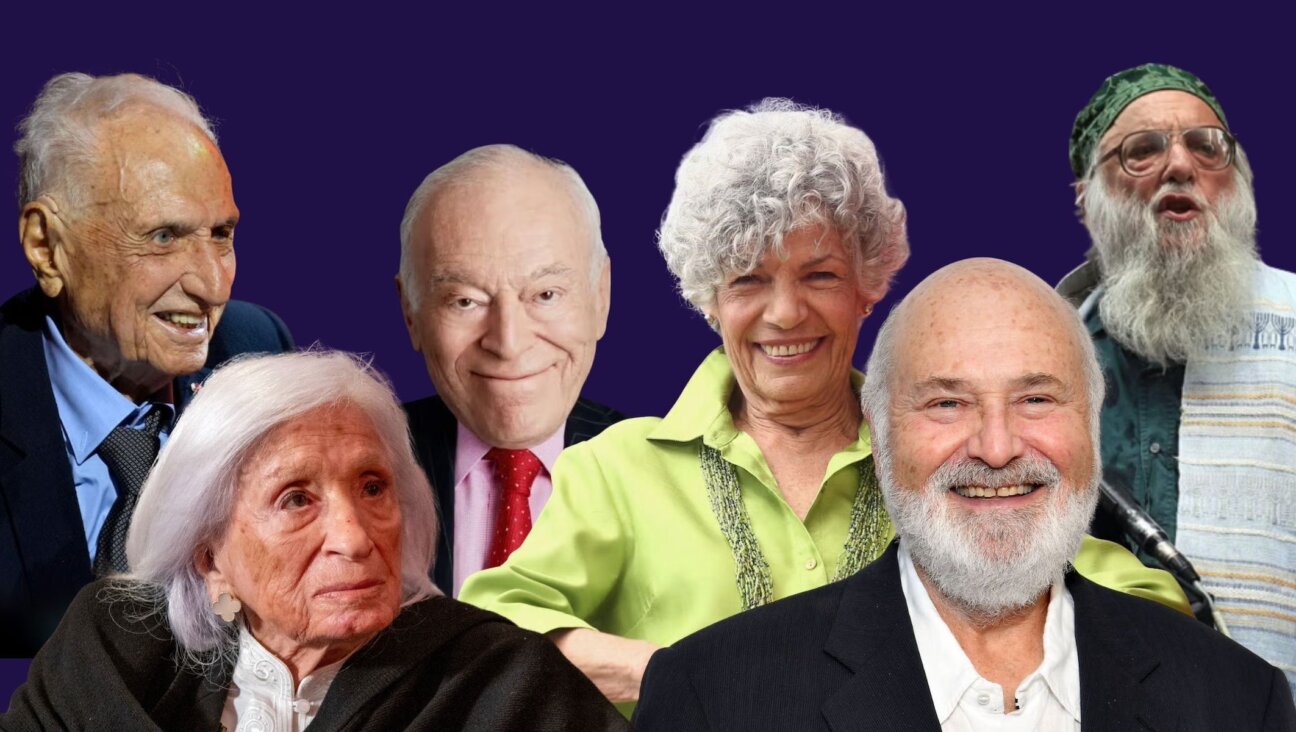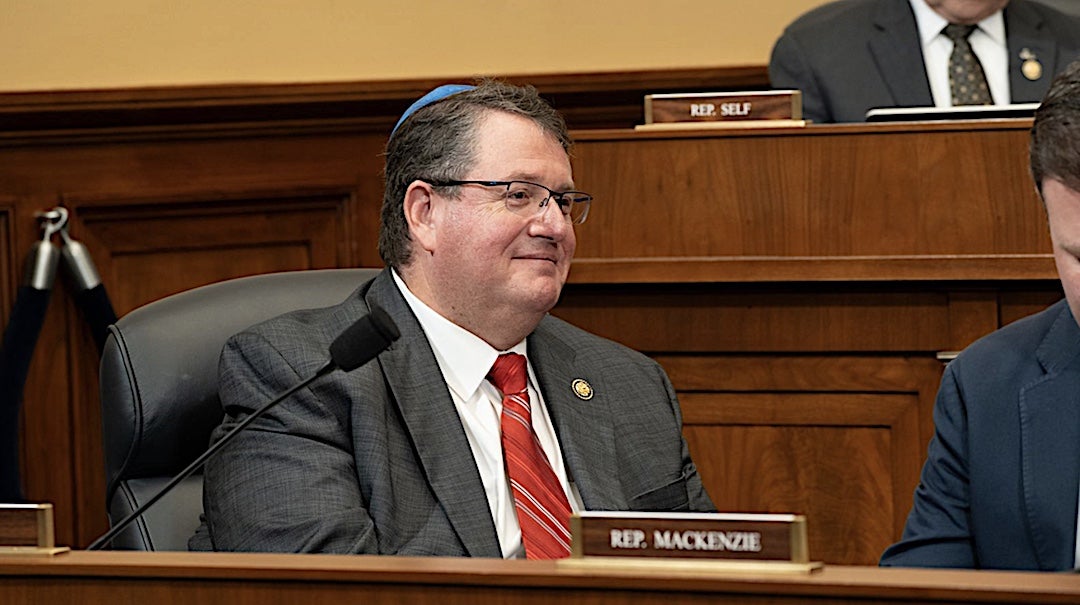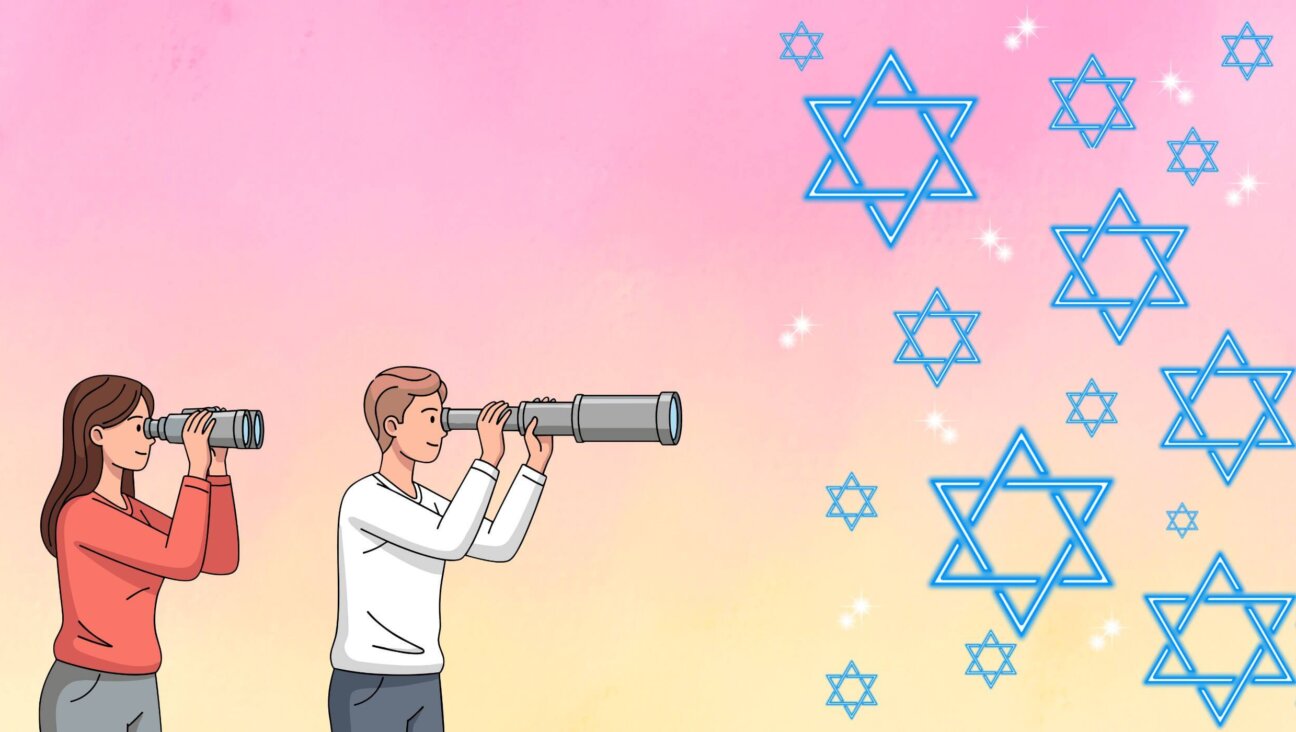U.N. Chief Pleads With Israel To Reconsider Settlement Land Grab Bill

Ban Ki-moon Image by Getty Images
Outgoing United Nations chief Ban Ki-moon on Friday urged Israeli lawmakers to reconsider a bill to legalize Israeli settlement homes on private Palestinian land as Arab states mull putting forward a Security Council resolution on settlements.
The Palestinians want an independent state in the West Bank, Gaza and East Jerusalem, areas Israel captured in a 1967 war. Most countries and the United Nations view Israeli West Bank settlements as illegal and an obstacle to peace.
“I strongly urge legislators to reconsider advancing this bill, which will have negative legal consequences for Israel and substantially diminish the chances for Arab-Israeli peace,” Ban told a U.N. Security Council briefing on the Middle East.
Israeli officials are concerned the bill could provide grounds for prosecution by the International Criminal Court in The Hague.
In the past 50 years Israel has built about 120 formal settlements on the territory. As well as those settlements, which Israel fully supports, settlers have established more than 100 outposts, many on hilltops across the West Bank, often with tacit government support.
Under the proposed bill, 55 of the outposts will have official sanction, according to settlements watchdog Peace Now. Compensation would be offered to Palestinian land owners.
Deputy U.S. Ambassador Michele Sison told the Security Council that Washington was “deeply disturbed” by the bill.
“We believe the potential legalization of thousands of settlement housing units that are currently illegal under Israeli law would profoundly damage prospects for a two-state solution,” she said.
Ban also told the Security Council “the absence of Palestinian unity throughout the occupied territory presents an obstacle to the two-state solution.”
Diplomats said Arab ministers are due to meet next week to likely approve a draft resolution on the settlements issue that would then be circulated to the 15-member U.N. Security Council.
U.S. President Barack Obama is not expected to make major moves on Israeli-Palestinian peace before leaving office, U.S. officials said earlier this month. But some U.N. diplomats hope Washington may allow Security Council action by abstaining. The United States has long protected Israel from U.N. action.
New Zealand was also working on a draft U.N. resolution that would reaffirm the Security Council’s commitment to a two-state solution, but Foreign Minister Murray McCully said if there was an Arab initiative then New Zealand would put its move on hold.
The “Quartet” sponsoring the stalled Middle East peace process – the United States, Russia, the European Union and the United Nations – said in July that Israel should stop building settlements.















